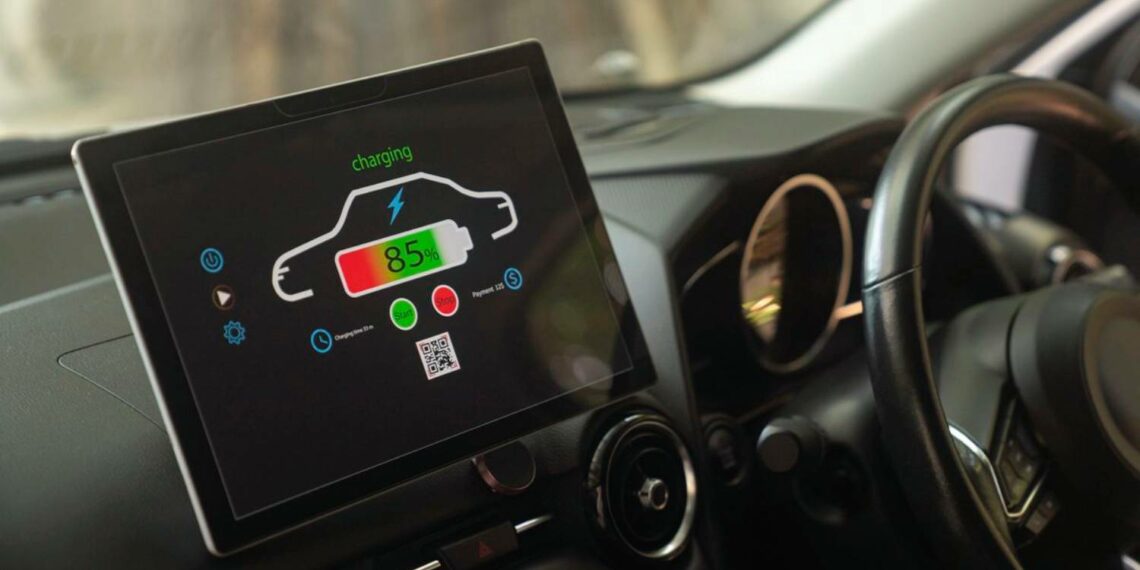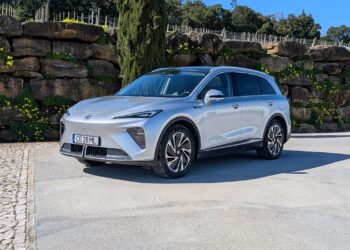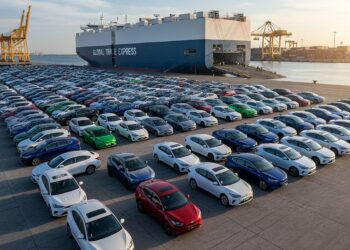The lack of charging points has hindered a wider use of electric vehicles. At the same time, a potential battery shortage as production increases is also a concern.
Electrified roads may be the answer to these issues, as they would allow electric vehicles to operate with less battery capacity, potentially making them lighter and reducing carbon emissions from battery manufacturing. And the model to follow may well be the one being implemented in the “smart city” of Kashiwa, on the outskirts of Tokyo, Japan.
Among the many innovative solutions, it is the first city in the country to test an induction charging system for electric cars while driving on public roads. The pilot project was launched in collaboration with brands such as Bridgestone, auto component manufacturers NSK and Denso, and the University of Tokyo, for the installation of charging coils on the asphalt in specific stopping areas, such as intersections with traffic lights. The waiting time at those signals is used to recharge the electric vehicle’s battery, without the driver’s action.
According to experts, the system allows recovering 1 km of autonomy for every 10 seconds stopped at a traffic light. The vehicles are equipped with a receiver device next to each wheel, in a technology similar to that used in next-generation smartphones.
The road-embedded chargers apply electric current only when a compatible vehicle is detected. And the solution can also be used in plug-in hybrid models. The test will run until March 2025.
“VW Group has a new Design Director.”
Andreas Mindt, the new Design Director of VW, will take on responsibility for this area across all brands of the...










